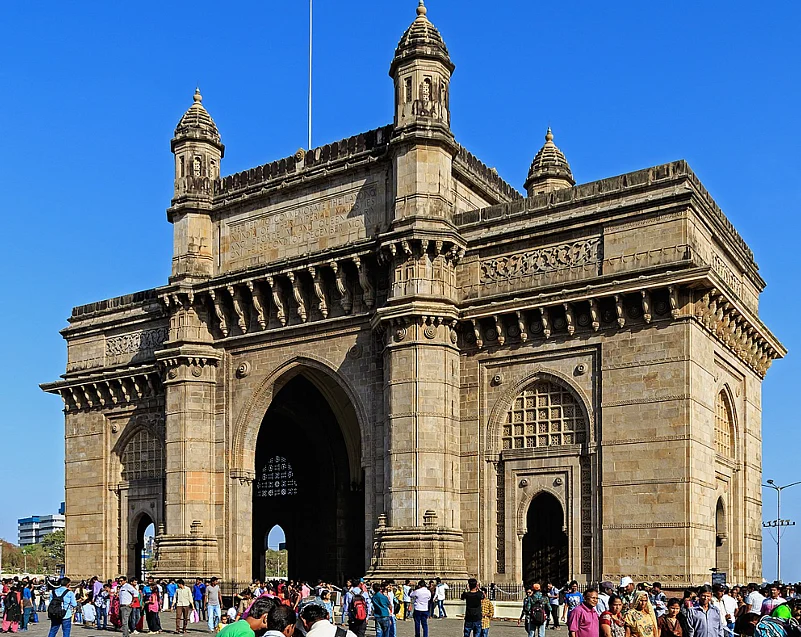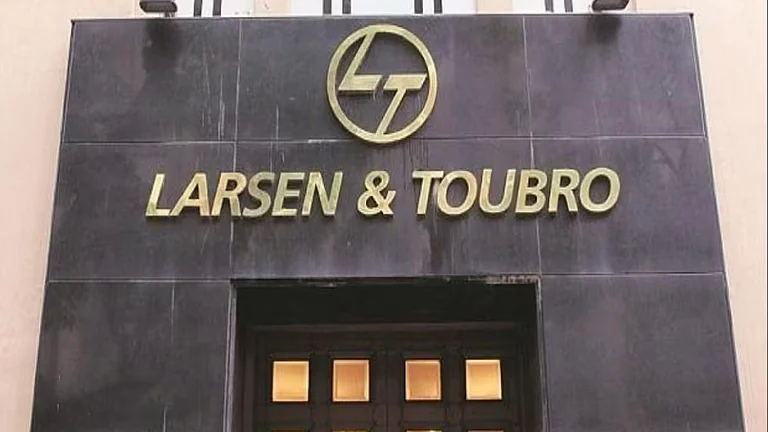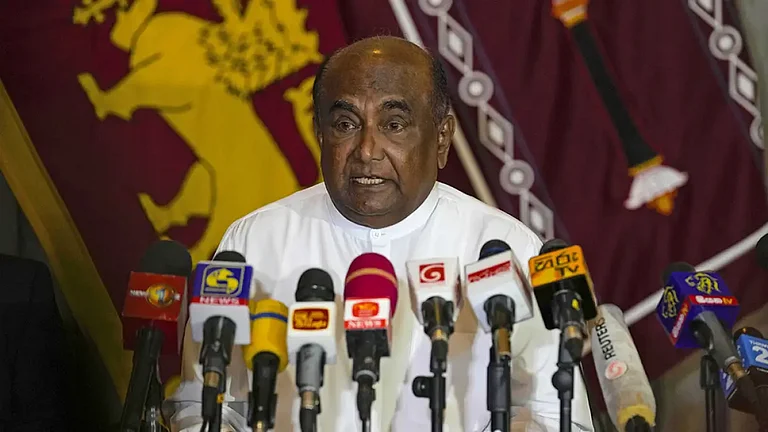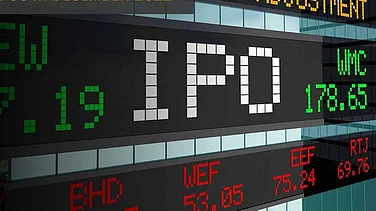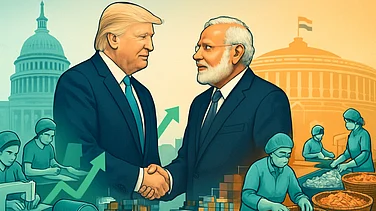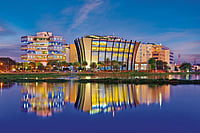As the AI race heats up, Mumbai has thrown its hat into the ring. With the $590 billion expenditure wallet of its companies, 2 million techies and half of India's data centre capacity, the financial metropolis is seeking to become India's premier hub of artificial intelligence.
Mumbai's startup ecosystem is projected to be home to over 100 unicorns by 2035, according to a report by McKinsey and Tech Entrepreneurs Association of Mumbai (TEAM).
The report states that AI-driven startups could contribute 15% to Mumbai’s GDP growth, attract over $450 billion in foreign direct investment over the next decade, and build a tech talent pool exceeding two million, with one in four professionals trained in AI.
The report underscores the importance of collaboration between enterprises, government bodies, academic institutions, and technology companies to position Mumbai as a leading hub for AI adoption by 2025. The city, which is home to 39 Nifty 100 companies, contributes over $140 billion to India’s GDP. Notably, four of India’s five largest companies by market capitalization are headquartered in Mumbai.
Against this backdrop, Mumbai Tech Week (MTW) 2025 took place from February 24 to March 1. Organized by the Government of Maharashtra in partnership with the Tech Entrepreneurs Association of Mumbai (TEAM), the event featured satellite workshops and hackathons before culminating in major conferences.
Speaking at the event, Deputy Chief Minister Devendra Fadnavis emphasized AI’s transformative potential across industries, including science, infrastructure, and agriculture. He stressed that technology-driven solutions are key to sustainability in the agricultural sector.
“AI is the way forward, whose applications to tackle problems and find solutions cannot be overlooked,” he said.
Fadnavis also acknowledged that while Mumbai previously lagged behind Bengaluru and Hyderabad in the IT sector, it is now poised to become India’s AI capital. He linked this technological advancement to Maharashtra’s ambition of becoming a trillion-dollar economy.
Mumbai’s tech ecosystem is already home to some of the country’s largest unicorns, particularly in enterprise tech, media and entertainment, and EdTech. The report notes that Mumbai has the highest share of profitable startups, with 67% of its 21 unicorns generating sustainable revenue.
These businesses collectively provide around 10,000 direct engineering jobs. In parallel, residential expansion in areas like Thane and Navi Mumbai is contributing to affordable housing solutions, with improved infrastructure such as coastal roads expected to cut travel times to office hubs.
Looking ahead, TEAM’s vision for Mumbai in 2035 revolves around AI adoption, infrastructure development, and profitable innovation, drawing inspiration from New York City’s tech success. The report recommends identifying ten public-sector challenges for startups to address, encouraging AI adoption among over ten Nifty 50 companies, and introducing AI-focused B.Tech and M.Tech programs to produce 15,000 AI-ready professionals annually.
As Mumbai continues to evolve as a center for AI-driven entrepreneurship, the city’s legacy of business resilience and innovation is expected to shape its future trajectory. The report presents a roadmap for collaboration among startups, enterprises, policymakers, and academia to harness AI’s potential for economic growth and technological leadership.







